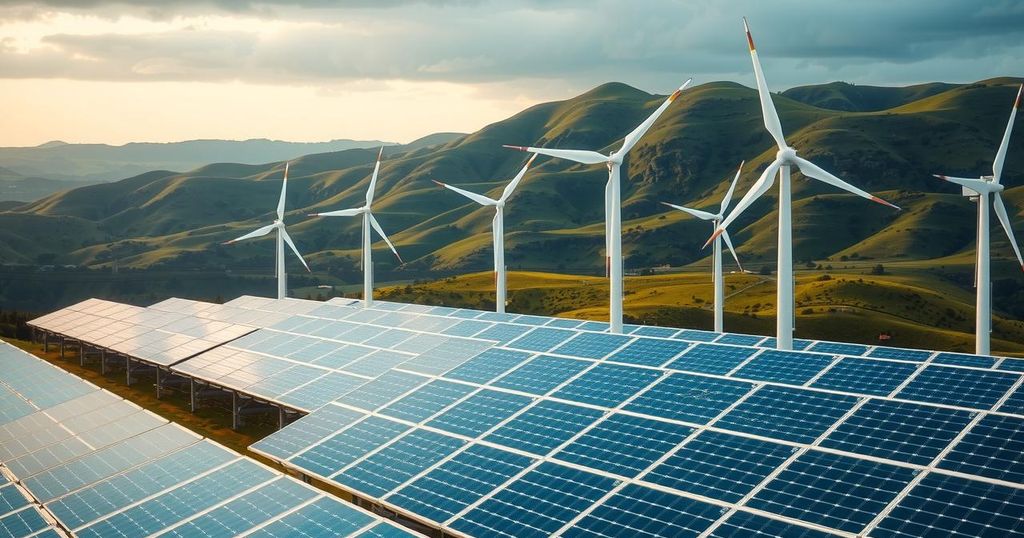Ghana’s energy debt is poised to double by 2027, potentially reaching $9 billion if urgent actions are not implemented. This projection has led to a sharp decline in eurobond values. Key factors contributing to this debt include significant operational losses by the Electricity Company of Ghana, a lack of competition in the energy sector, and underpriced electricity tariffs. Amidst this financial strain, President Mahama is pursuing various reforms to stabilize the economy and restore investor confidence.
Ghana’s Finance Minister, Cassiel Ato Forson, has issued a cautionary statement indicating that the nation’s energy debt, currently at $4.5 billion, could potentially escalate to $9 billion by the year 2027 if immediate action is not taken. Following this warning, Ghana’s eurobonds experienced a significant decline, with the 2035 dollar bonds falling 1.1% to 73.3 cents on the dollar, marking the lowest value in the past month. Furthermore, the 2030 bonds also saw a decrease of 0.9%, trading at 77.83 cents on the dollar.
The pressing issue of Ghana’s energy debt is intricately linked to several factors, such as the Electricity Company of Ghana (ECG) accounting for only 62% of the energy it purchases, resulting in substantial losses. Additionally, the power generation sector exhibits a lack of competition, and electricity tariffs are set below production costs, exacerbating the financial strain on the energy sector.
This warning was delivered during a national economic dialogue held in Accra, which was presided over by President John Mahama. Since assuming office in December, President Mahama has committed to implementing economic reforms to address the nation’s challenges. Amidst this backdrop, Ghana continues to negotiate with 60 international banks to restructure $2.7 billion in loans, aiming to stabilize its economy.
To combat the situation, President Mahama has promised to cut government spending, refine the International Monetary Fund’s (IMF) $3 billion intervention program, and work towards restoring investor confidence in Ghana, which is recognized as the world’s second-largest cocoa producer. This situation highlights the urgent need for reforms to manage Ghana’s public finances effectively.
In conclusion, Ghana’s energy debt is projected to double by 2027 without significant intervention, which poses a substantial risk to the nation’s economic stability. The challenges stem from high losses in energy procurement, insufficient competition in the power generation sector, and underpriced electricity tariffs. The government, under President Mahama’s leadership, is taking steps to address these issues and restore confidence in the economy. Immediate actions will be critical to mitigating these financial challenges.
Original Source: techlabari.com




